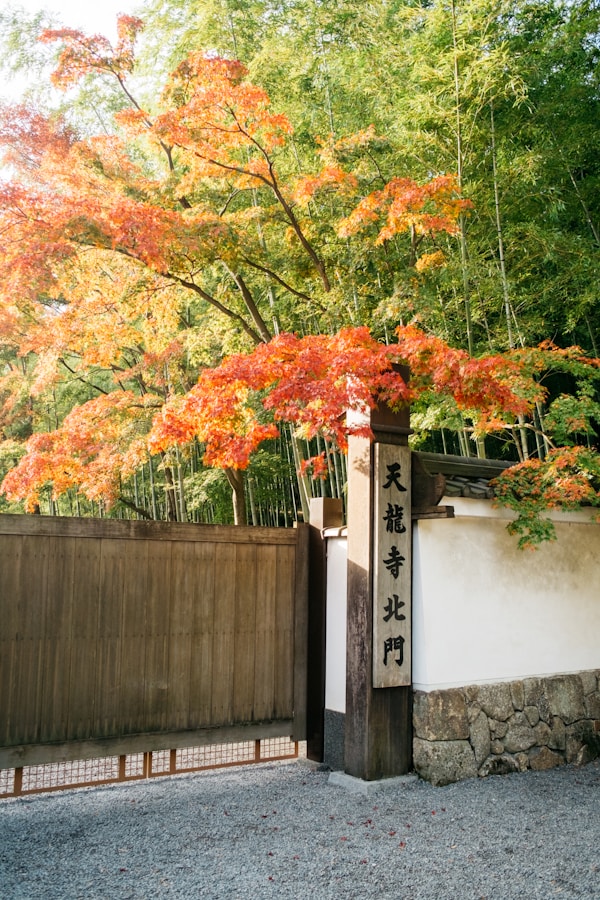.svg)
How to Buy a Cheap Home in Japan in 2025: A Beginner’s Guide
.svg)
.svg)
.svg)

What is a jichikai in Japan? Learn about neighborhood associations, costs, expectations, and why joining one can make rural life smoother for akiya buyers.
.jpg)

If you’re planning to buy an akiya in Japan, you’ll quickly hear the word “jichikai” (自治会). For many foreigners, it’s an unfamiliar concept—but in rural Japan, it’s one of the most important parts of community life.
So, what exactly is a jichikai, and do you really have to join one? Let’s break it down.
.jpg)
A jichikai is a neighborhood association—a self-organized community group made up of local residents. Almost every town, village, and even city neighborhood in Japan has one.
What they do:
In the countryside, the jichikai often keeps the community alive—especially in small villages where the population is aging.
Membership usually involves a small monthly or yearly fee.
These funds go toward things like:
Joining a jichikai often means:
In some areas, participation is flexible. In others, it’s considered an obligation of homeownership.
Legally, no—you don’t have to join a jichikai.
But socially, the answer is more complicated.
For foreigners moving into the countryside, joining is often the fastest way to integrate and avoid misunderstandings.
While it might feel like extra work, joining your jichikai can be rewarding:
A jichikai isn’t just a club—it’s the foundation of rural Japanese community life. While not legally required, joining is usually worth it. It helps you build relationships, gain trust, and experience the warmth of true countryside living.
If you’re buying an akiya, be prepared to meet your jichikai and consider joining. The investment of a little time and a small annual fee can pay off in community, safety, and belonging.
At Old Houses Japan, we don’t just help you buy homes—we help you navigate the cultural side of living in rural Japan. From jichikai introductions to event participation, we’ll guide you every step of the way.
Start your journey with Luxey today! Sign up for free and get instant access to the best property listings.



